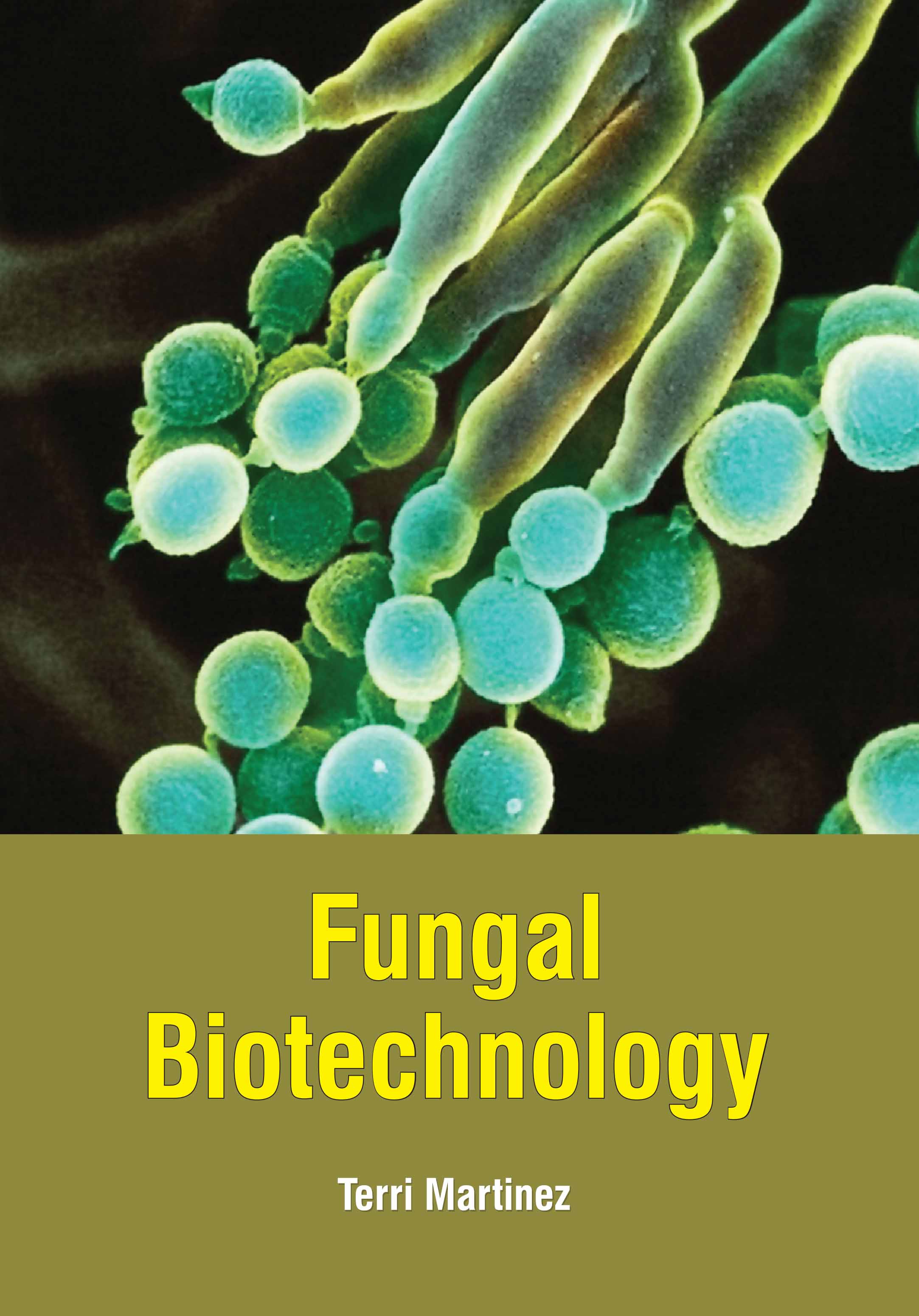
Fungal Biotechnology
by Terri Martinez
| ISBN | 9781806244195 |
|---|---|
| Publisher | Digital Drive Learning |
| Copyright Year | 2026 |
| Price | $272.00 |

by Terri Martinez
| ISBN | 9781806244195 |
|---|---|
| Publisher | Digital Drive Learning |
| Copyright Year | 2026 |
| Price | $272.00 |
Fungal biotechnology harnesses the diverse metabolic capabilities of fungi to produce valuable products and processes that benefit various industries, including agriculture, pharmaceuticals, and food production. Fungi, as eukaryotic organisms, possess unique enzymatic systems, secondary metabolites, and biochemical pathways that make them invaluable in biotechnological applications. One of the most prominent areas of fungal biotechnology is industrial enzyme production. Fungi such as Aspergillus and Trichoderma are used to produce enzymes like amylases, cellulases, and proteases, which are essential in various industries, including textiles, paper, biofuel production, and food processing. In pharmaceutical production, fungi are a rich source of bioactive compounds, including antibiotics, immunosuppressants, and anticancer agents. Penicillin, derived from Penicillium species, is one of the most well-known examples. Other fungal products, such as statins and cyclosporine, are crucial for managing cardiovascular diseases and organ transplants. Fungi also play a vital role in bioremediation, where they are used to degrade environmental pollutants like hydrocarbons and heavy metals, reducing pollution levels and aiding in the cleanup of contaminated sites. Additionally, in food fermentation, fungi are used in the production of products like yeast for baking, beer brewing, and soy sauce fermentation. Fungal biotechnology continues to evolve, offering sustainable solutions for a range of global challenges in health, food security, and environmental conservation. Fungal Biotechnology delves into the innovative applications of fungi in industrial processes, exploring their role in enzyme production, pharmaceuticals, bioremediation, and food processing. Contents: 1. Fungus Biotechnology, 2. Plant Pathogenesis and Parasitic Fungal Infections, 3. Fungal Ecology, 4. Fungi as Agents of Biocontrol, 5. Fungal Pathogens and Their Impact on Plants, 6. Fungal Diseases of Plants, 7. Mutation in Fungi, 8. Fungi and Mycology.